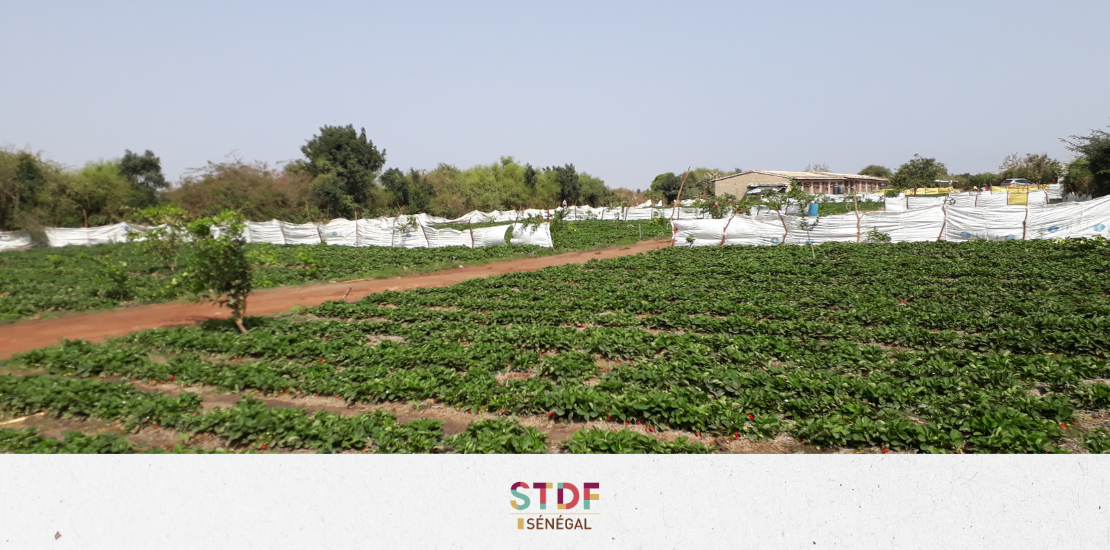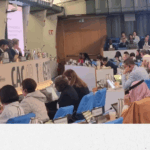- 06/05/2025
- Posted by: Sandra Borma
- Category: News

COLEAD’s STDF/PG/946 project in Senegal has taken a decisive step with the completion of a strategic mission to analyse and revise the national plant health legislation. This milestone marks the culmination of extensive work to strengthen the regulatory framework in line with Senegal’s regional and international commitments and to better protect the local horticultural sector.
A project to promote health and trade competitiveness
The STDF Senegal project, funded by the Standards and Trade Development Fund (STDF), aims to strengthen the country’s sanitary and phytosanitary capacity to ensure that horticultural products meet international requirements. Implemented by COLEAD in partnership with the Directorate of Plant Protection (DPV) and the Senegalese Ministry of Agriculture, Rural Equipment and Food Sovereignty, the project supports export competitiveness while protecting the country from harmful organisms.
A long-awaited phytosanitary reform
One of the main tasks of the project was to carry out an in-depth analysis of the existing laws and regulations on phytosanitary control in Senegal. The aim was to update a 1960 decree to bring it into line with
- the International Plant Protection Convention (IPPC)
- the WTO Agreement on the Application of Sanitary and Phytosanitary Measures (SPS), and
- the provisions of the African Continental Free Trade Area (AfCFTA).
The result is a draft phytosanitary regulation accompanied by three draft implementing regulations covering
- Monitoring and control of harmful organisms,
- Phytosanitary controls on imports and exports, and
- Regulation of phytosanitary fees.
These texts are submitted for approval on 6 and 7 May in Dakar during a workshop organised within the DPV in the presence of horticultural operators, professional associations and competent authorities. The aim of this consultation process is to ensure that the texts are not only technically sound, but also operational and accepted by the stakeholders.
Gender mainstreaming in the reform
In line with the cross-cutting commitments of the project, gender equality has been integrated into the legislative process. The gender analysis carried out at the beginning of the project highlighted several important facts:
- Women are mainly active in small agricultural units, often focused on subsistence or local markets.
- They have less access to technical support and training programmes.
- In rural areas, women’s education levels are lower and illiteracy rates are high.
- Village action committees, which are often closer to women, are important channels for disseminating information.
- Finally, women phytosanitary inspectors face discrimination in the performance of their duties.
These findings were taken into account in the drafting of the legislation, with specific adaptations to better reflect the different needs, constraints and roles of women in the horticultural sector.
This legislative reform process represents an important step towards strengthening plant health governance in Senegal. It illustrates the collective capacity of public, private and civil society actors to work together for sustainable, competitive and inclusive horticultural development.
The “Strengthening phytosanitary capacity to promote exports of horticulture products from Senegal” project is funded by the WTO’s Standards and Trade Development Facility (STDF) at the request of the Senegalese Ministry of Agriculture, Rural Development and Food Sovereignty’s (MAERSA) Directorate of Plant Protection.





